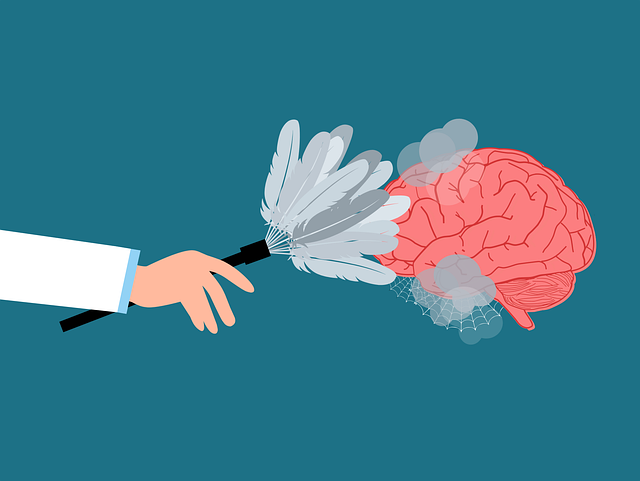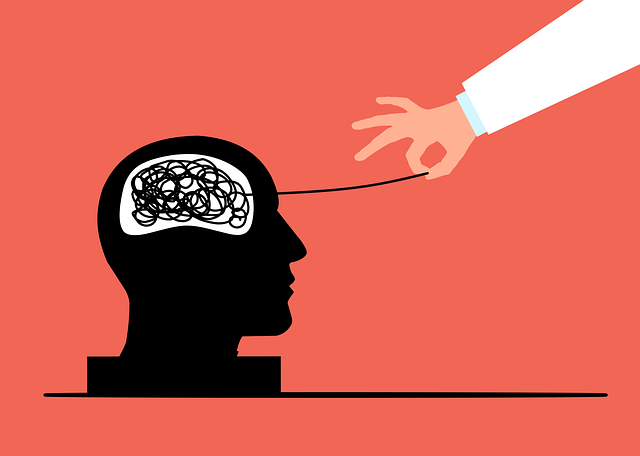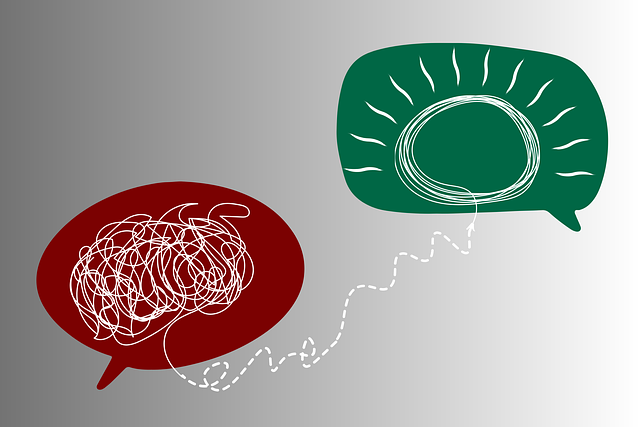Broomfield Polyamorous and Open Relationships Therapy offers a unique, proactive approach to mood regulation, focusing on education, communication, and coping skills. This therapy challenges traditional norms, acknowledging the potential benefits of non-monogamous relationships for emotional well-being. By fostering understanding, empathy, and self-awareness, individuals learn to manage moods, prevent stress, anxiety, and depression, while strengthening relationships through open communication. Self-care practices, including exercise, sleep, mindfulness, and self-esteem improvement, are emphasized for building resilience and overall well-being within diverse relationship models.
Mood regulation strategies are essential for navigating life’s ups and downs. This comprehensive guide delves into various aspects of emotion management, from understanding complex dynamics like Broomfield Polyamorous and Open Relationships therapy to effective self-care practices for building resilience. By exploring communication in healthy relationships and therapeutic approaches, you’ll gain insights into mastering your mood and enhancing overall well-being.
- Understanding Mood Regulation: Unraveling the Complexities of Emotion Management
- The Role of Communication in Healthy Relationships: Strategies for Shared Mood Support
- Therapeutic Approaches: Exploring Broomfield Polyamorous and Open Relationship Dynamics
- Building Resilience: Self-Care Practices for Effective Mood Regulation
Understanding Mood Regulation: Unraveling the Complexities of Emotion Management

Understanding Mood Regulation involves navigating the complex interplay between emotions and our thoughts, behaviors, and surroundings. It’s not merely about suppressing feelings but rather learning to manage them effectively. In Broomfield Polyamorous and Open Relationships Therapy, for instance, professionals help individuals develop coping skills that allow them to express and process emotions healthily, enhancing overall mental well-being.
The process often includes the design of tailored Mental Health Education Programs that teach valuable communication strategies. By learning these strategies, people can better recognize their emotional triggers and implement effective responses. This proactive approach not only prevents intense mood swings but also fosters positive relationships, as improved communication skills are key to navigating interpersonal dynamics with sensitivity and awareness. Moreover, coping skill development is a crucial component, empowering individuals to handle stress, anxiety, and depression in healthy ways, thereby promoting stability and resilience in their emotional lives.
The Role of Communication in Healthy Relationships: Strategies for Shared Mood Support

Healthy relationships are a cornerstone of mental wellness, offering a safe space to express emotions and seek support. Communication plays a pivotal role in this process, especially when it comes to mood regulation. In broomfield polyamorous and open relationships, where emotional connections with multiple partners are fostered, effective communication becomes an art. Couples can enhance their ability to provide shared mood support by creating a dialogue that encourages vulnerability and active listening.
This involves discussing feelings openly, validating each other’s emotions, and employing coping skills development strategies like mindfulness or grounding techniques together. Such practices not only strengthen the bond between partners but also equip them with crisis intervention guidance, enabling them to navigate emotional challenges collaboratively. This supportive environment can be a game-changer in promoting mental wellness and fostering resilience among individuals navigating complex interpersonal dynamics.
Therapeutic Approaches: Exploring Broomfield Polyamorous and Open Relationship Dynamics

In the realm of mood regulation strategies, exploring alternative therapeutic approaches like Broomfield Polyamorous and Open Relationships Therapy offers a unique perspective on emotional well-being. This form of therapy delves into the dynamics of non-monogamous relationships, providing individuals with effective coping skills development for managing their moods. By fostering open communication and understanding between partners, it facilitates a supportive environment that encourages positive thinking. The therapeutic process involves navigating complex emotions, setting healthy boundaries, and cultivating empathy, all of which contribute to enhanced mood management.
Broomfield Polyamorous and Open Relationships Therapy challenges traditional norms, acknowledging that diverse relationship models can positively impact mental health. It helps individuals navigate the complexities of multiple relationships, promoting self-awareness and emotional regulation. Through this approach, participants gain valuable insights into their personal needs, leading to improved coping strategies for managing mood swings and emotional distress. By embracing these alternative dynamics, therapy empowers individuals to revolutionize their mood management practices, ultimately fostering a deeper connection with themselves and their partners.
Building Resilience: Self-Care Practices for Effective Mood Regulation

Building resilience through self-care practices is a cornerstone of effective mood regulation, often enhanced by Broomfield Polyamorous and Open Relationships Therapy. This involves cultivating healthy habits that nourish both mind and body. Regular exercise, for instance, releases endorphins which can naturally elevate mood and reduce stress. Adequate sleep is another crucial component; it allows the brain to process emotions and heal from daily stressors.
Additionally, mindfulness practices such as meditation or deep breathing exercises help individuals develop coping skills to manage intense feelings. Self-esteem improvement techniques, like positive self-talk and setting achievable goals, empower individuals to better navigate emotional challenges. Together, these strategies create a robust framework for managing and regulating moods, promoting overall well-being.
Mood regulation is a multifaceted process that involves understanding our emotional responses, cultivating healthy relationships, and adopting therapeutic practices. By exploring strategies such as open communication, self-care, and innovative relationship dynamics like the Broomfield Polyamorous and Open Relationships Therapy, individuals can gain greater control over their emotional well-being. Integrating these approaches allows for a holistic strategy to navigate life’s challenges and cultivate resilience, ultimately enhancing our ability to manage and regulate moods effectively.














